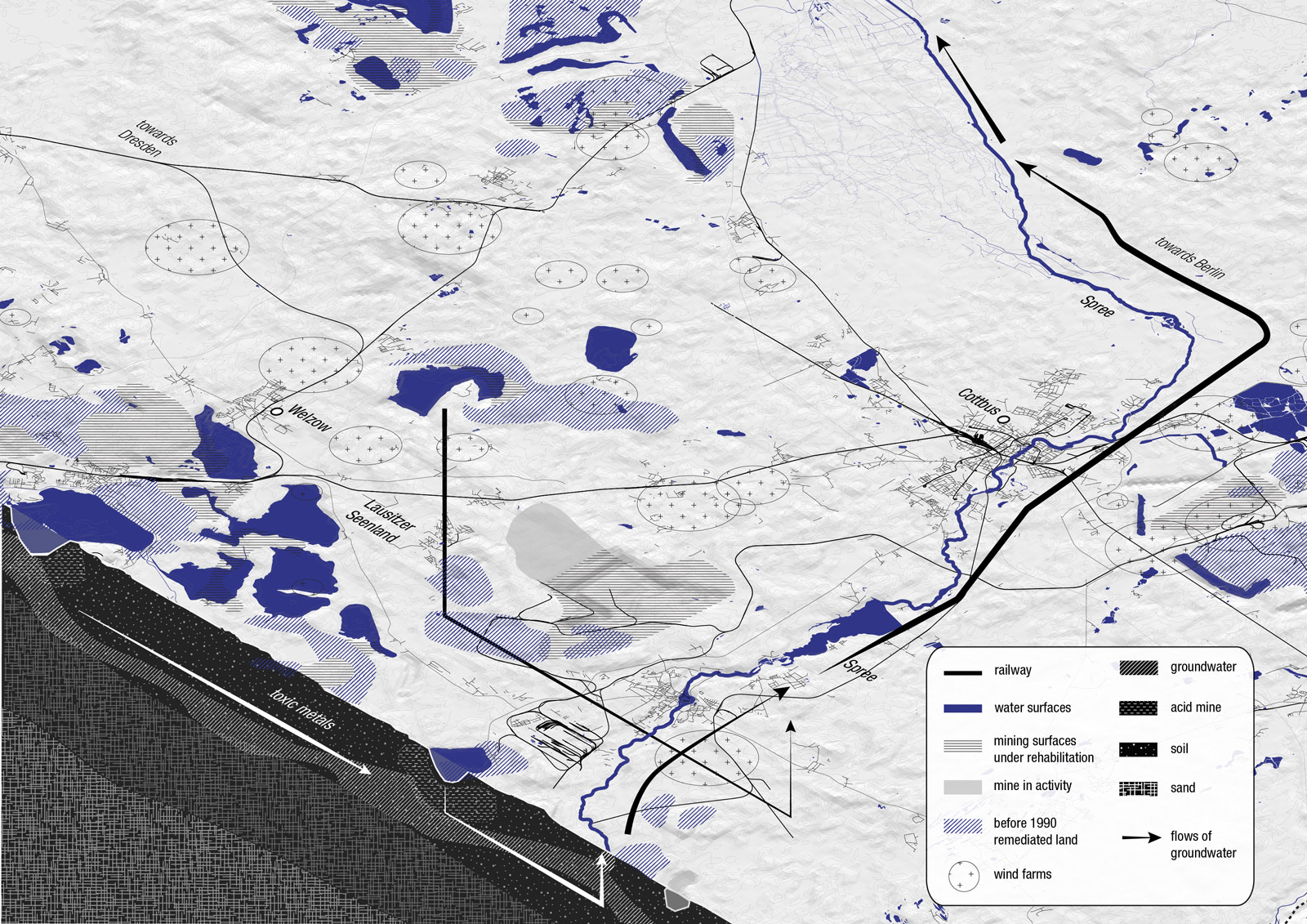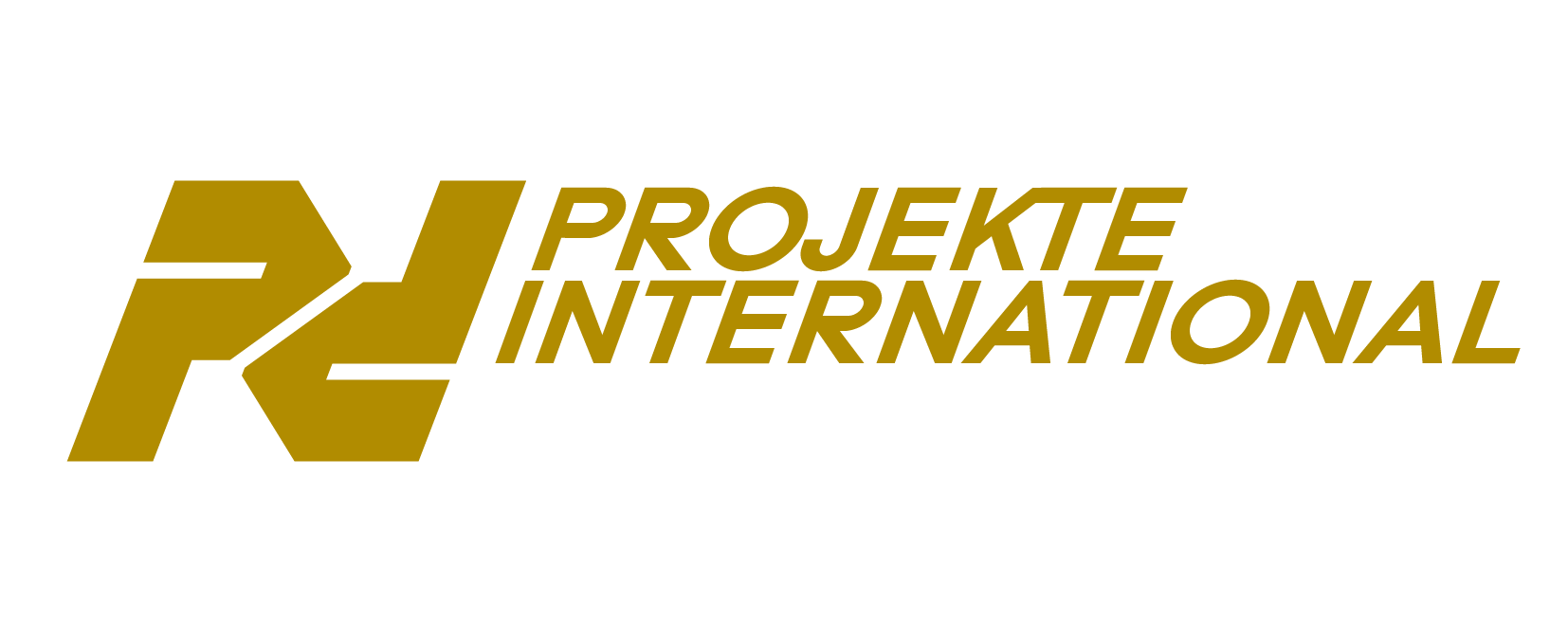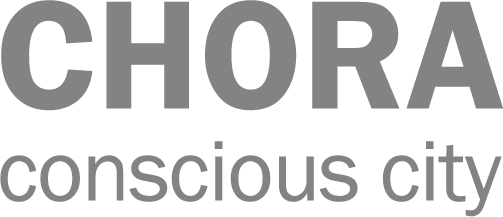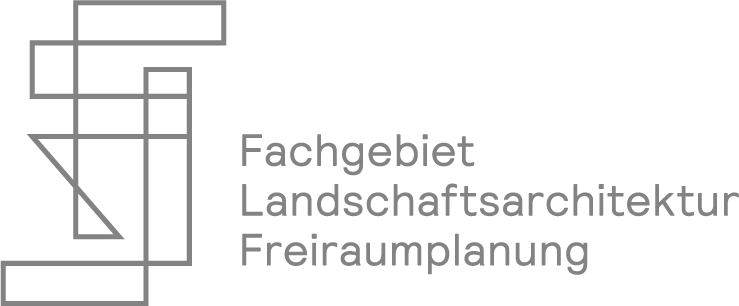MICROARTICLE #Energy
From Brown
to Green
By: Christina Krampokouki
MICROARTICLE Energy
Wissensstadt Berlin 2021
Published on June 26, 2021
If you have a week off and want to see what "Energy" in terms of land use and space production implies - past, present, future- we strongly advise you to take the regional train down to "Lusatian Lignite District" - and promise: it'll be worth it!
This transnational region has historically been a strong and vibrant center of energy carrier extraction as well as energy production. Its landscapes are characterized by a rocky, winding path of constant transformation and adaption, enforced from above and below ground.
With the closure of many opencast mines since the 1990s the upcoming phasing out of lignite and hard coal in 2038 already took visibly shape and form here. Many of the former sites have been partially rehabilitated and provided with new uses and meanings. Along the new artificial lake scapes, fields of photovoltaic and wind farms emerge in colossal scale.
However, the scars run deep. Contamination still remains a huge topic as the groundwater is deeply entagled with water tables and purity far beyond the Lausitz itself.
Beyond that the anticipated futures of a touristic leisure landscapes of lakes and post-industrial monuments will have to proof against, yet unanticipated challenges such as climate change induced water shortage.
BB2040
[EN] Berlin Brandenburg 2040 was initiated by the Habitat Unit in cooperation with Projekte International and provides an open stage and platform for multiple contributions of departments and students of the Technical University Berlin and beyond. The project is funded by the Robert Bosch Foundation.
[DE] Berlin Brandenburg 2040 wurde initiiert von der Habitat Unit in Kooperation mit Projekte International und bietet eine offene Plattform für Beiträge von Fachgebieten und Studierenden der Technischen Universität Berlin und darüberhinaus. Das Projekt wird von der Robert Bosch Stiftung gefördert.









